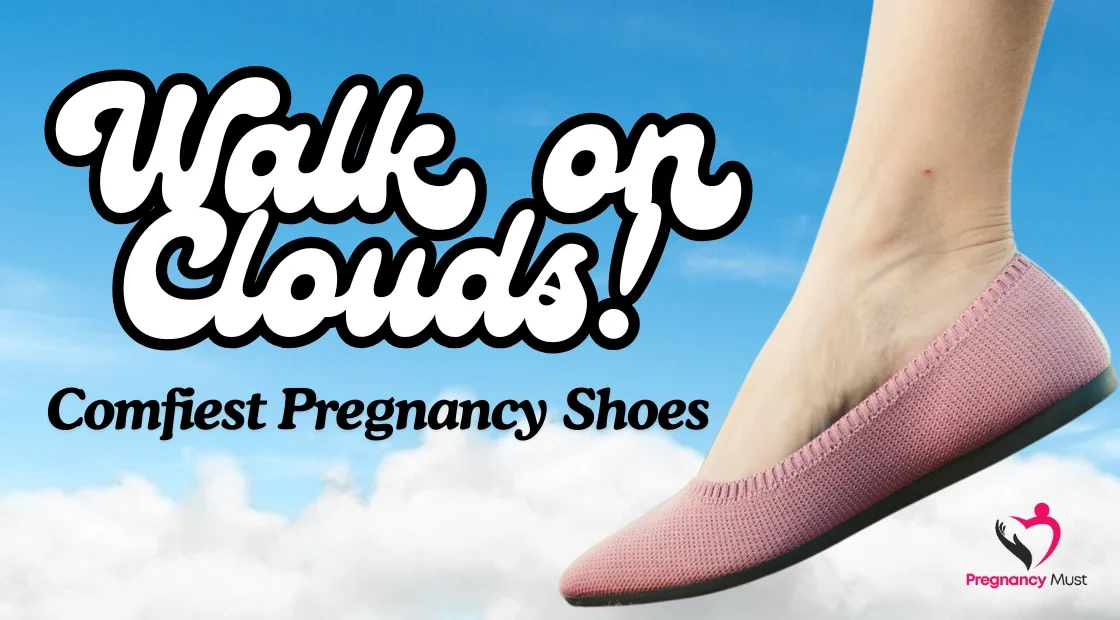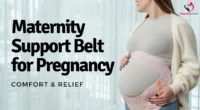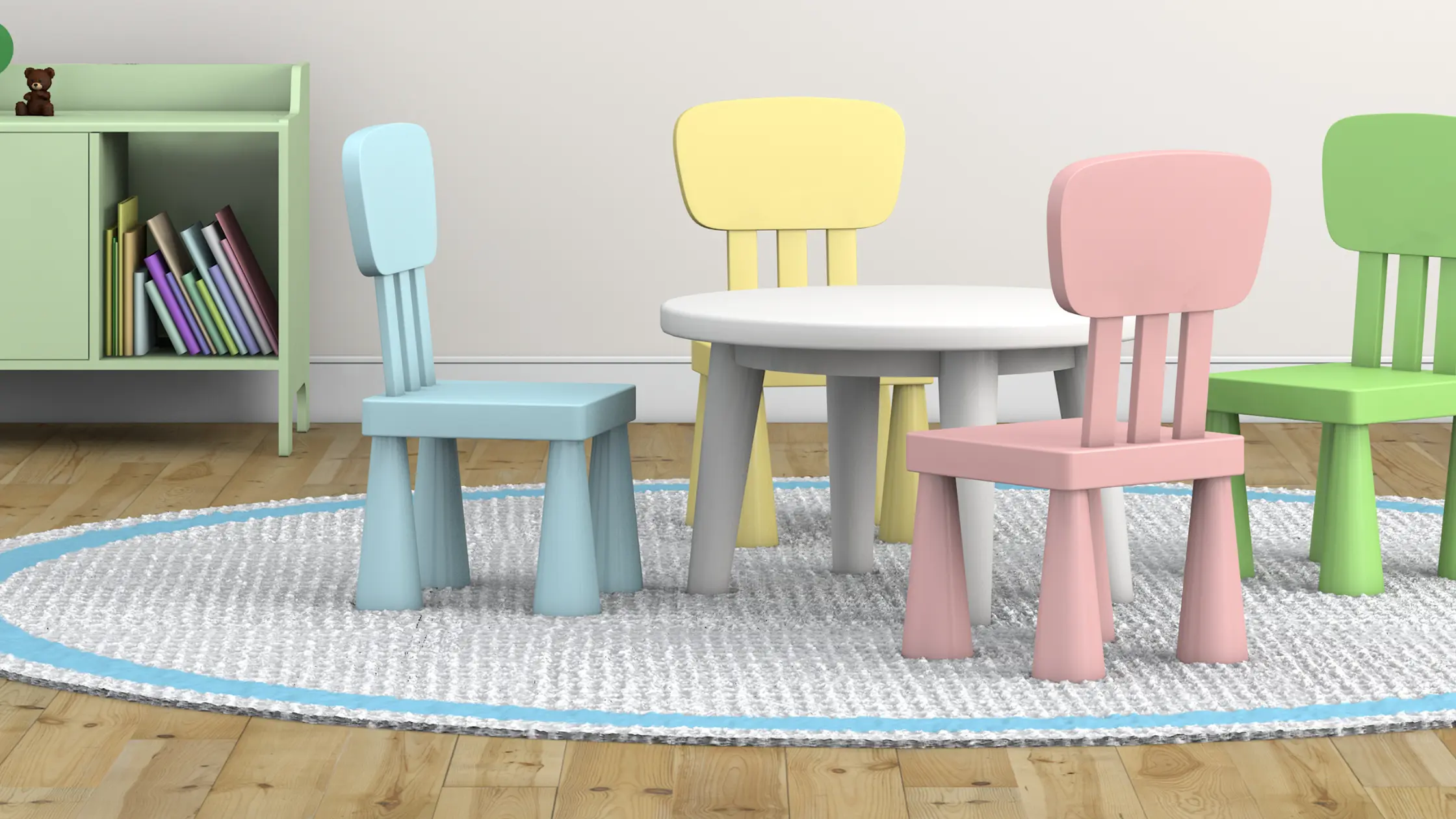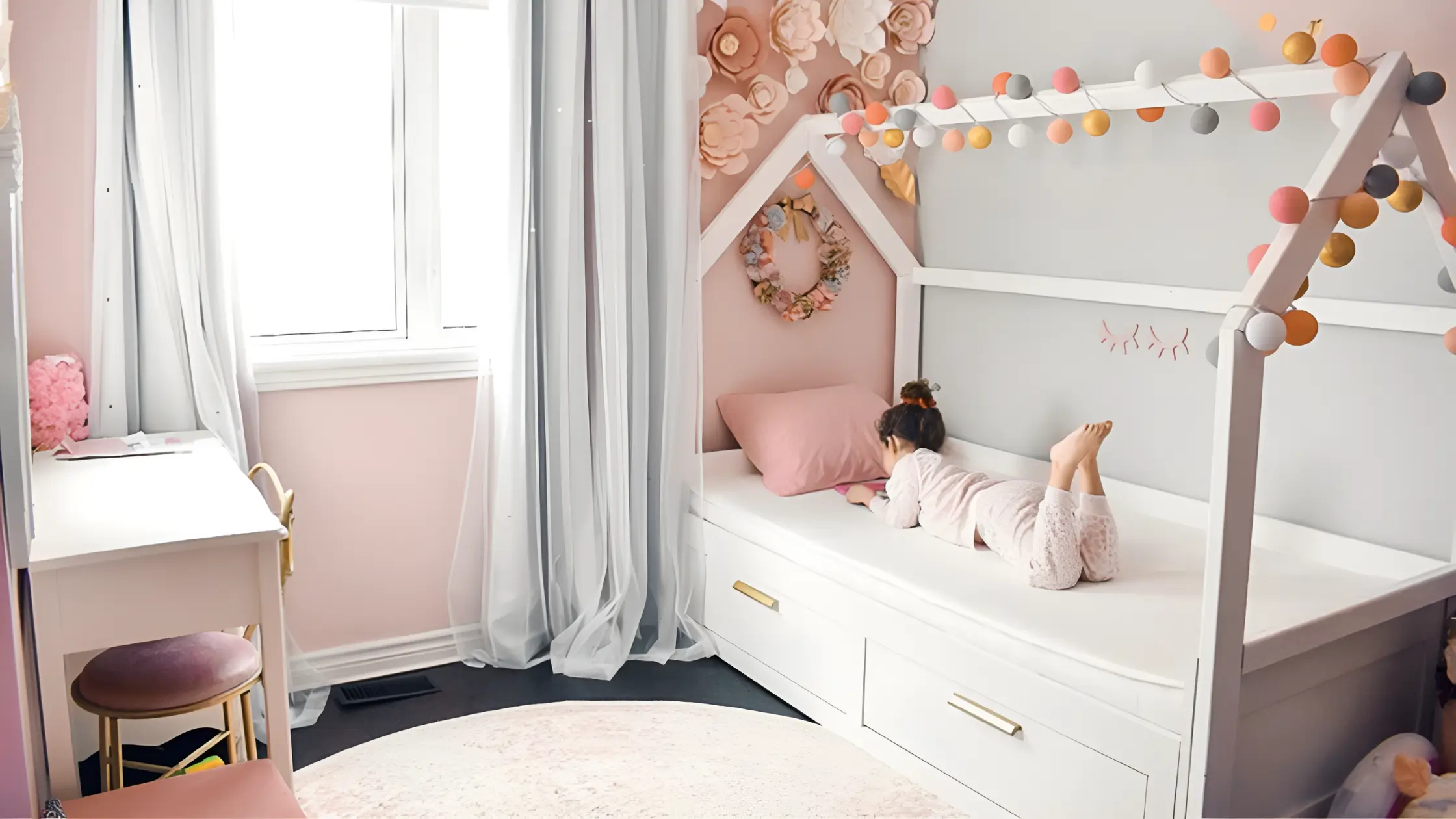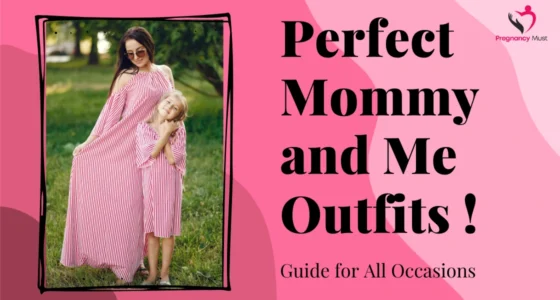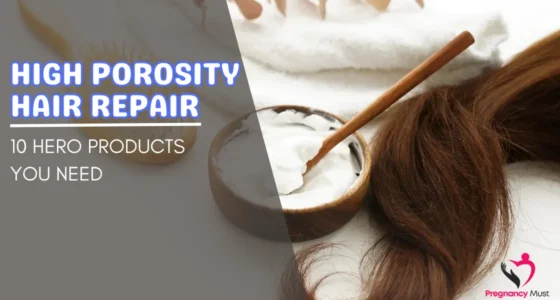Pregnancy shoes are more than just footwear—they’re your daily support system as your body transforms and your needs shift during all three trimesters.
Table of Contents
- Why You Need the Right Pregnancy Shoes Early On
- Top Features to Look for in Maternity Shoes
- Types of Shoes a Pregnant Woman Can Wear
- Suitable Pregnancy Shoes by Trimester
- Seasonal Picks for Maternity Shoes
- Stylish but Supportive: Can You Wear Heels During Pregnancy?
- How Safe Are Flat or Barefoot Pregnancy Shoes?
- How to Choose the Perfect Pregnancy Shoes
- Pregnancy Shoes FAQs
- Final Tips: Caring for Your Feet While Pregnant
- Closing Thoughts
Why You Need the Right Pregnancy Shoes Early On
As your pregnancy progresses, so does the strain on your feet, ankles, and back. Choosing comfortable shoes during pregnancy can help reduce swelling, support posture, and prevent falls. Poor-fitting or unsupportive shoes can give rise to problems such as plantar fasciitis, back pain, and overall fatigue. Which is why at-home pregnancy comfort shoes are a necessity from the get-go.
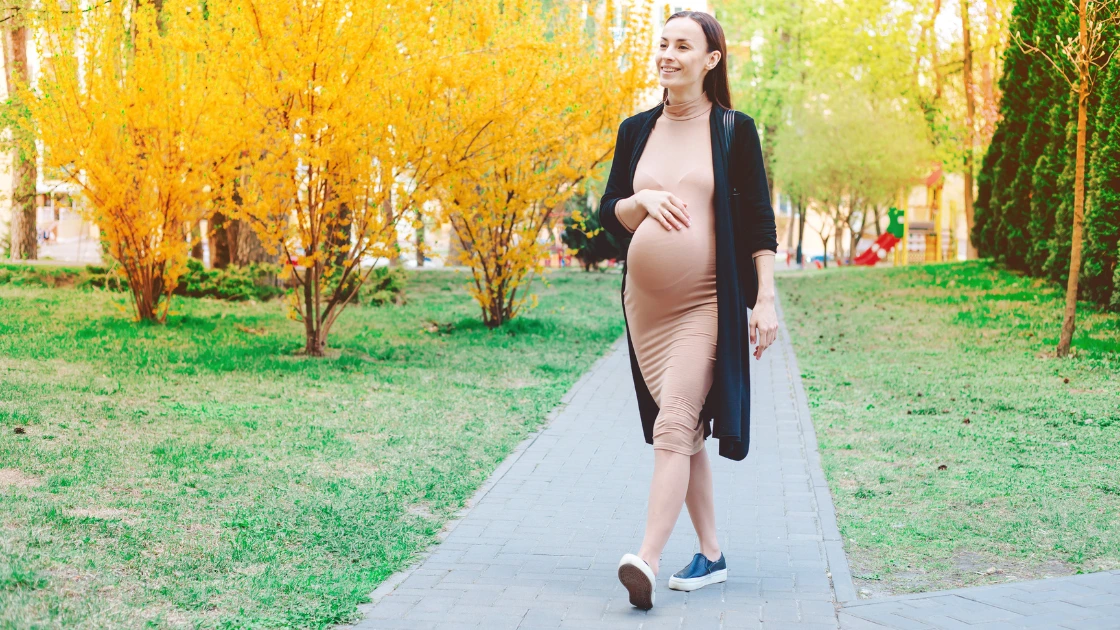
Top Features to Look for in Maternity Shoes
- Arch and Heel Support
The best shoes for pregnancy always provide extra cushioning and proper arch support. Hormonal changes can loosen your ligaments, making it essential to protect your arches. Without arch support, foot pain and fatigue can worsen over time. Choose shoes that gently lift your arches and reduce pressure on your heels, especially during long walks or hours of standing. This will also help align your spine and relieve back strain.. Hormonal changes can loosen your ligaments, making it essential to protect your arches.
Best Arch Support Shoes for Pregnancy
Seek out insoles made from memory foam, orthotic-grade soles and midsoles that absorb shock, from Vionic, Skechers or New Balance.
- Breathability and Material Flexibility
You’ll want comfortable shoes during pregnancy that adapt as your feet swell. Choose breathable mesh or stretchable knit materials. Look for uppers that expand without rubbing, and interiors that keep feet dry. Good ventilation reduces heat buildup and prevents odors. Flexible materials also reduce friction on sensitive skin and allow for swelling to happen without discomfort or tightness.. Choose breathable mesh or stretchable knit materials.
Best Shoes for Pregnancy Swelling
Shoes with wide toe boxes, soft interiors, and flexible uppers are perfect for swollen feet, especially in the second and third trimesters.
- Easy Slip-On and Off
Bending down will be more difficult with your bump. Enter slip-on shoes for pregnancy. Opt for shoes with stretchy side panels, elastic laces, or a back loop for easy on and off. They save time, reduce the need to bend, and are perfect for daily use. Plus, many slip-on styles come with memory foam soles, making them both easy and extremely comfortable for tired feet.. That’s where slip-on shoes for pregnancy come in handy.
Types of Shoes a Pregnant Woman Can Wear
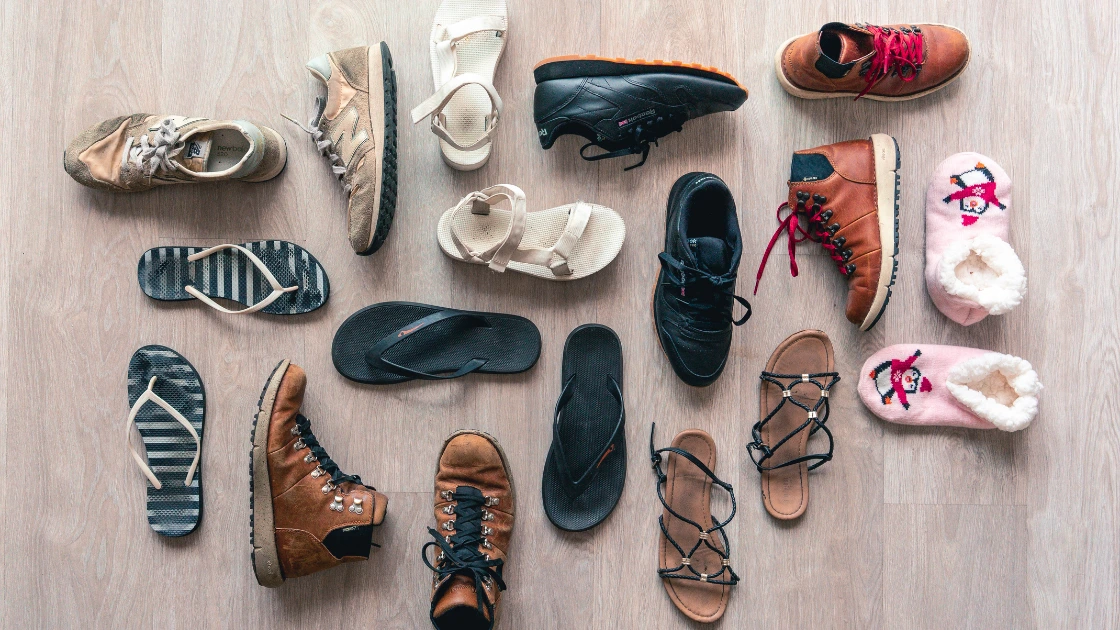
Here’s a quick breakdown of the most supportive pregnancy shoes by type, with easy tips and brand suggestions:
Walking Shoes
These are the perfect pregnancy shoes for running errands and taking light walks. Seek out soft soles, breathable mesh uppers and cushioned midsoles for reduced heel pressure and support in the arches. They’re airy, flexible and assist in keeping your feet cool as they accommodate mild swelling.Walking shoes also promote good alignment and can reduce lower back pain, making them a go-to choice throughout all trimesters. Pregnant women who walk a lot should also look for shock-absorbing insoles and a roomy toe box to prevent friction or pressure.
Top brands: Skechers, Brooks, New Balance.
Tennis or Running Shoes
These pregnancy shoes are great if you’re on the move, or on your feet a lot. Built for impact, they have outsoles that absorb shock, heel cradles that support, and breathable material. Ideal for prenatal workouts or long periods of standing, they alleviate the strain on your joints and minimize fatigue. Choose models with thick rubber soles, flexible uppers, and extra padding around the ankle for added stability. Ideal for gym sessions or walking laps in the park.
Top brands: ASICS, Nike, Hoka.
Work/Office Shoes
Office-friendly pregnancy shoes should blend comfort with a professional look. Go for padded soles, wide fits, and low stable heels or flats. These help you stay comfortable during meetings or long desk hours while still looking polished. Shoes with arch support, shock-absorbing footbeds, and non-slip soles are great for busy workdays. Choose leather or faux leather for a formal appearance that still stretches slightly with your feet.
Top brands: Clarks, Naturalizer, Hush Puppies.
Dress Shoes
If you are going to a formal affair, opt for pregnancy shoes in the form of low wedges or dressy flats with supportive footbeds. You should prioritize ones that are flexible, made of soft material, and have rounded toes to avoid pinching and just general pain. Look for styles that support your arch and have a low heel to keep your posture in line. The cushioned insole and grippy outsole are a nice bonus. These are shoes that brings out the very personality in you, they are long lasting, stylish and simple at the same time, It is a perfect fit and comfortable for outdoor use.
Top brands: Dr. Scholl’s, LifeStride, Trotters.
Slippers
At home, pregnancy shoes like memory foam slippers make a big difference. Opt for slip-on styles with non-slip soles for safety on wood or tile floors. These also soothe your feet, especially after long days of walking or standing. Slippers with high arch support and a raised heel may also be effective in lowering strain on lower back and heels.They’re perfect for early mornings, nesting routines, or even postnatal recovery.
Top brands: Crocs, Dearfoams, OOFOS.
Winter Boots
For cold weather, insulated pregnancy shoes like winter boots are a must. Choose pairs with warm linings, waterproof outer materials, and non-slip soles to protect against ice and snow. Roomy fits help with swelling, and ankle support reduces risk of injury on uneven ground. Look for fleece interiors, gusseted tongues, and adjustable closures to get a snug but comfortable fit. Winter boots with padded footbeds and thermal insulation ensure feet stay toasty, even on extended winter strolls outdoors.
Top brands: UGG, Columbia, Merrell.
Summer Sandals
When it’s hot, lightweight pregnancy shoes like sandals keep your feet cool and supported. Look for padded soles, arch support, and adjustable straps. These features help accommodate swelling while providing stability. Some sandals also feature molded footbeds, toe grips, and shock-absorbing soles, which can significantly improve walking comfort. Pick designs with soft linings to avoid chafing or irritation. Avoid completely flat sandals as they offer no arch support and can worsen foot strain.
Top brands: Vionic, Teva, Birkenstock.
Low Heels
If you love a bit of lift, low and stable pregnancy shoes like wedges or chunky heels are safest. Keep the heel under 1.5 inches and look for non-slip soles and cushioned insoles. These styles add elegance without sacrificing balance. Heels with wide bases, padded ankle collars, and moderate arch support can be worn safely to events or work. Always test for stability and comfort before committing to long hours in them.
Top brands: Vionic, Trotters, Clarks.
Barefoot Shoes
Barefoot-style pregnancy shoes are flexible and mimic natural foot movement. They’re great for building foot strength, as long as they include enough cushioning and grip. These shoes encourage natural posture and balance but may not suit everyone during pregnancy. Choose pairs with slightly thicker soles, anti-slip outsoles, and foot-hugging uppers to stay safe and stable. Best used indoors or for short, flat outdoor walks.
Top brands: Xero Shoes, Vivobarefoot.
Maternity Sneakers
These are the all-day, go-to pregnancy shoes. Designed to stretch with your feet and offer breathability, they often include wide toe boxes, soft cushioning, and supportive soles. Look for slip-on designs, flexible fabrics, and removable insoles for customizable comfort. Maternity sneakers are ideal for house chores, errands, and long walks. Some models even include odor control features and pressure-relieving insoles that make them great for every stage of pregnancy.
Top brands: BZees, Allbirds, Adidas Cloudfoam.
Suitable Pregnancy Shoes by Trimester
Trimester | Footwear Type |
| Features | Recommended Brands |
First Trimester | Walking Shoes, Work Flats, Maternity Sneakers | Lightweight, supportive, breathable | Skechers, Clarks, Allbirds | |
Second Trimester | Slip-on Sneakers, Tennis Shoes, Sandals | Cushioned soles, flexible materials, arch support | BZees, Nike, Vionic | |
Third Trimester | Slippers, Supportive Sandals, Winter Boots | Easy to wear, wide fit, non-slip, handles swelling | Crocs, Dearfoams, UGG, Teva |
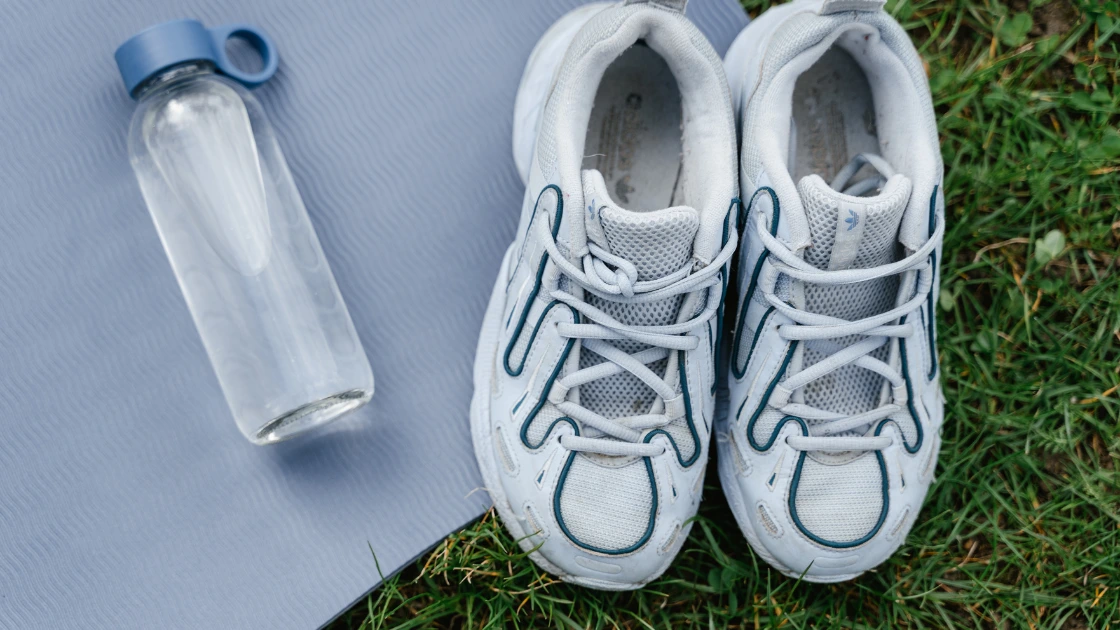
As your body changes, your shoe needs will shift too. The chart above provides trimester-specific guidance to keep you comfortable and stable throughout pregnancy.
Pregnant women have several types of shoes to use according to their daily requirements and the modifications that happen in their feet as well as how much comfort level they want. Beyond that, the right pregnancy shoes relieve the physical stress placed on your feet while also helping to support your knees, back, and posture. As your body changes hormonally and physically, the right footwear can prevent some of the long-term discomfort and ensure you remain active throughout your pregnancy experience.
Seasonal Picks for Maternity Shoes
- Best Pregnancy Shoes for Winter
- Opt for insulated boots with a non-slip sole. This is especially important to avoid pregnant slip-and-falls on icy surfaces.
- Brands like UGG and Columbia have snug options with comfort and traction. seek out: waterproof linings, fleece linings, and adjustable laces or zippers to help slide the boots on and off. Make sure that it gives enough support to your ankle, and see how much toe space there is, especially if you know that your feet tend to get swollen, which can happen more often during cold months.
- Best Shoes for Pregnancy Summer
- Lightweight pregnancy sandals with arch support (cute) – When it’s hot! They give your feet a sensation to breath in and prevent your footing the chance of overheating, chafing, or any swifting tides of bad odor.
- Avoid flat flip-flops; instead, look for adjustable sandals with padded soles. Brands like Teva and Vionic provide soft footbeds, secure straps, and built-in heel cups that support proper alignment while walking. These are ideal for beach days, walks, or daily wear when temperatures rise.
Stylish but Supportive: Can You Wear Heels During Pregnancy?
It’s best to save heels for short outings or special occasions. Pregnancy shifts your center of gravity, making balance harder. Heels can strain your back and increase fall risk. If you wear them, always choose designs with cushioned footbeds and a wide base for more stability.. Pregnancy heels shoes should be:
- Low (under 1.5 inches)
- Chunky or wedge-based for better balance
- Worn only for short periods
How Safe Are Flat or Barefoot Pregnancy Shoes?
Barefoot shoes pregnancy options can be suitable if they provide grip and light padding. However, completely flat, unsupportive ballet shoes should be avoided. Flat shoes with no arch support can worsen foot pain and imbalance, especially in the third trimester.
If you’re opting for flats, search for styles with cushioned insoles, molded footbeds and slight arch support. These details all help support your arches, and rely the stability of your feet during a long day spent standing or walking.
How to Choose the Perfect Pregnancy Shoes
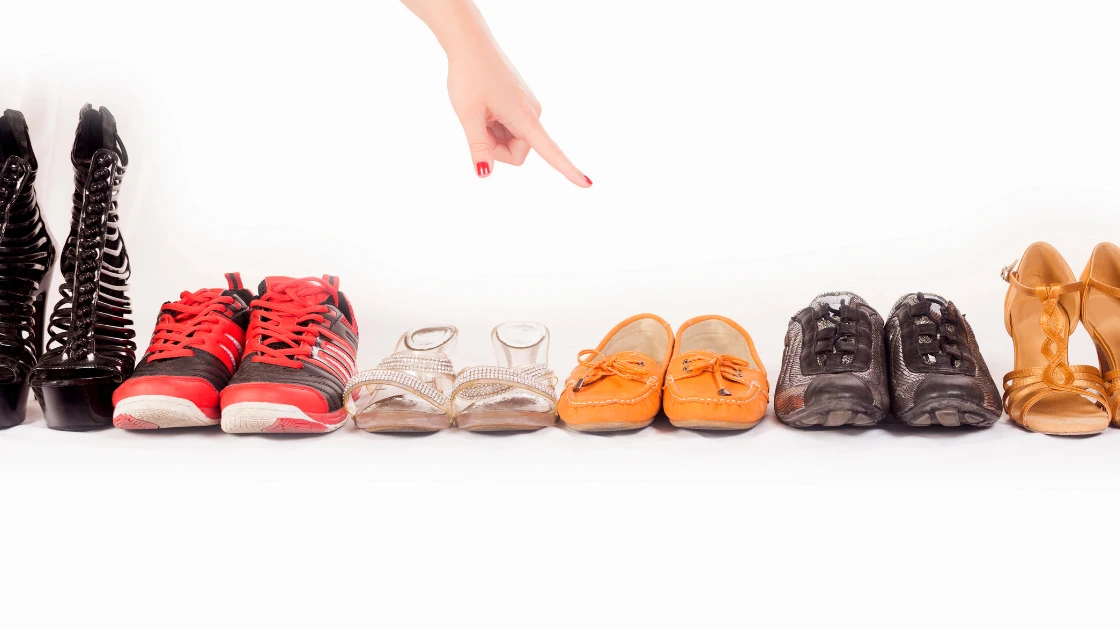
Picking out the right pregnancy shoes is about more than looks — it’s about keeping your body safe during a major transformation. The perfect pair will relieve pain, improve posture, and enable you to stay active with confidence.
Step 1: Know Your Current Foot Needs
Monitor your foot dimensions and arch shape on a monthly basis — swelling is normal. Here’s how to handle them: Stepping Up: As Pregnancy Progresses Your feet may get wider or flatten from hormonal changes. Look for shoes that adapt or stretch according to your feet in order to prevent pain and blisters. Put new shoes on in the evening as feet tend to swell during the day for better fit.
Step 2: Prioritize Comfort Over Style
Yes, there are stylish versions — but they have to meet your physical needs first. Look for arch support, cushion and non-constricting materials in your designs. Stay away from pointed toes and hard soles. Pregnancy is not the time to “break in” shoes — during pregnancy, prioritize comfort for your own health and your babies’ safety.
Step 3: Test for Grip and Flexibility
Make sure the soles are slip-resistant and the shoes can flex a small amount in the front of the toes. An excellent grip lowers the risk of slipping, even when you have poor balance in pregnancy. Flexibility ensures natural foot movement. Where shoes that are too stiff or heavy, this can make your muscles overwork and make you feel tired.
Pregnancy Shoes FAQs
What are the best shoes for swollen feet in pregnancy?
Choose wide-fit, breathable footwear with soft, stretchy uppers. Great brands include Orthofeet and Vionic.
Can I wear heels during pregnancy?
Yes, but choose short, blocky, supportive heels. Limit usage and always test balance before long use.
Are tennis shoes okay to wear while pregnant?
Absolutely. Best tennis shoes for pregnancy include ASICS Gel-Nimbus or Brooks Ghost for their cushion and arch support.
Should I size up for pregnancy shoes?
If you’re experiencing swelling, sizing up half a size may help, especially in the third trimester.
What’s the comfiest shoe style for pregnancy?
Slip-ons or breathable sneakers with memory foam insoles are the comfiest shoes for pregnancy.
Final Tips: Caring for Your Feet While Pregnant
- Elevate feet often to reduce swelling. Try propping them up on a pillow or stool during breaks. This helps ease fluid retention and reduces pressure in your legs and ankles.
- Wear compression socks with shoes for better circulation. They help prevent varicose veins and support blood flow, especially during long periods of sitting or standing throughout the day.
- Switch between 2–3 pairs of pregnancy shoes to reduce stress on joints. Rotating shoes prevents foot fatigue and allows different muscle groups in your legs and feet to rest and recover.
- Stretch your ankle and toes regularly. These soft movements will exchange that blood and decrease any cramping while also trying to keep your feet flexible (they’re carrying more weight these days, YAY for being pregnant).
Closing Thoughts
Pregnancy shoes are not an indulgence — they’re required. From fashion-forward maternity sneakers to cushioned slippers and arch-friendly sandals, your feet are sure to get the love and care they need as you set out on your journey. The right pair of maternity shoes will help you stay mobile, balanced, and pain-free as your body changes and your baby grows.
Let’s explore more on Pregnancy Must –
What Is a Chemical Pregnancy? Real Answers, Real Support
First Trimester Pregnancy: Symptoms, Solutions, and Tips for Each Week
